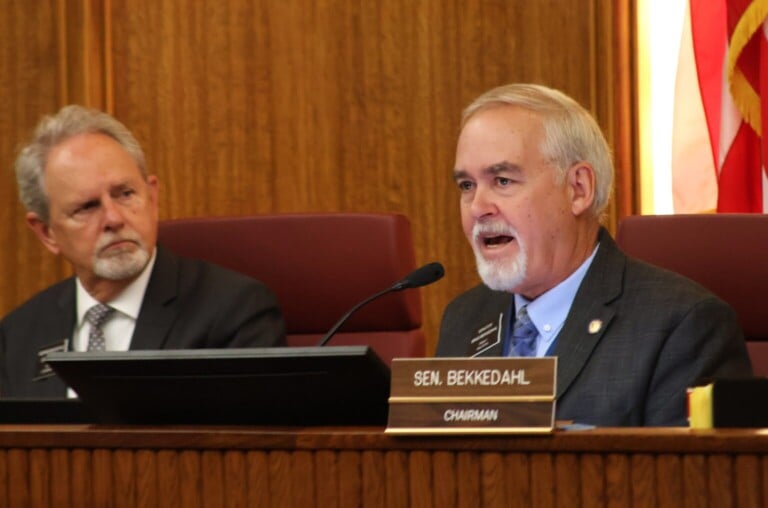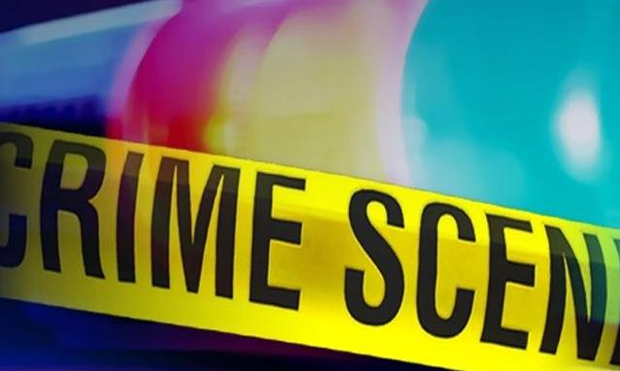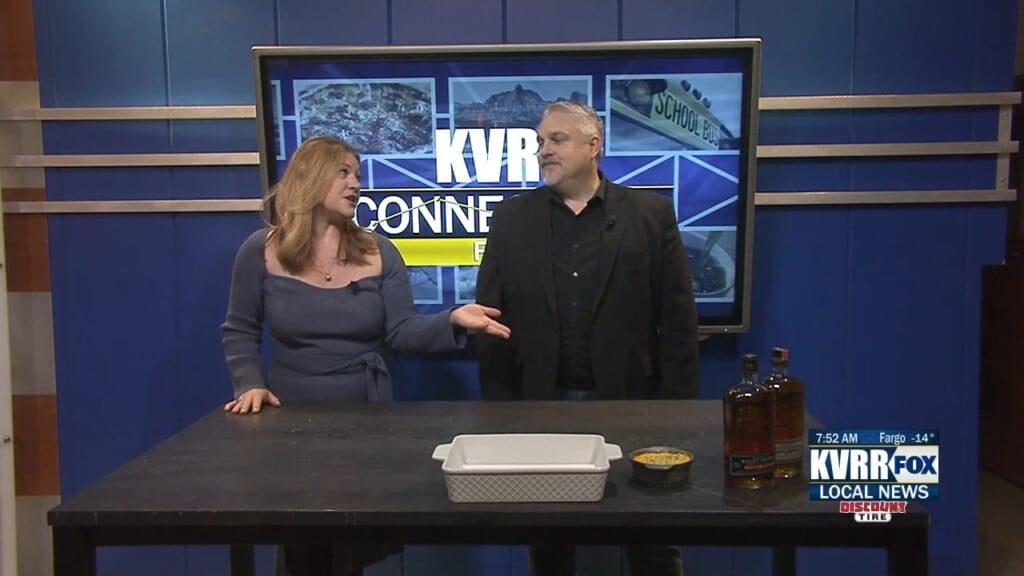Upcoming North Dakota special session expected to be ‘rubber stamp’ for federal health care funds

BISMARCK, N.D. (North Dakota Monitor) — The North Dakota Legislature anticipates a special session early next year to formally earmark federal health care funding that is expected to be awarded by the end of the year. But lawmakers will not be able to make any changes to how those funds are spent.
That plan is being crafted by the Department of Health and Human Services, with input from a 33-member legislative committee, and is due to the federal government on Nov. 5. Sarah Aker, executive director of medical services for the department, said she believes the federal government will expect North Dakota to adhere to that plan.
“Once the plan is into (the Centers for Medicare & Medicaid Services), it can only be slightly adjusted,” Aker said.
The department’s application will determine how $500 million in federal funds for rural health care will be spent over the next five years.
The Legislature’s role during the special session will be to formally appropriate the dollars received from the federal government. But lawmakers will not have the ability to debate and change how the money will be spent.
“We can’t just decide ‘Well, we don’t like spending $50 million in this category. We’re going to spend $50 million here,’” said Sen. Brad Bekkedahl, the Republican from Williston chairing the committee. “We have to work within that framework.”
Aker said the federal government is planning to announce the final funding amounts to each state by the end of the year.
“Hopefully we’ll be getting a nice Christmas gift from the federal government,” Aker said.
The special session will likely happen soon after, Rep. Don Vigesaa said.
“The department is hoping that it’s in January, as soon after the awards are made as possible so they can get rolling on the process,” the Republican from Cooperstown said in an interview.
Sen. Jeff Magrum, a Republican from Hazelton, noted the vote on the funding “will just be a rubber stamp.”
Bill drafts
The interim Rural Health Transformation Committee voted to move forward on four bill drafts to be considered during the special session.
These bills contain policy changes that will improve the state’s eligibility for supplemental federal funding beyond the baseline $500 million per state.
The policy changes include:
- Requiring K-12 students to participate in the Presidential Physical Fitness Test that was eliminated by President Barack Obama and is in the process of being reinstituted by President Donald Trump.
- Require doctors to have continuing education on nutrition.
- Have North Dakota join a multi-state physician assistant licensure compact, making it easier for one state’s PA to practice in another state.
- Allow pharmacists to conduct laboratory tests and prescribe medications for certain conditions.
The committee advanced the bills to the Legislative Management interim committee, which will decide whether the bills should move forward. If the committee approves the bills, the drafts will return to the Rural Health Transformation Committee for debate and potential amendments before being presented to the full Legislature during the special session.
Several lawmakers said the bill empowering pharmacists with limited prescription authority will require significant changes before they are comfortable endorsing it.
“There’s a lot of room for improvement,” said Rep. Eric Murphy, a Republican from Grand Forks.
Sen. Kristin Roers, a Republican from Fargo, said she would like to see the bill significantly reduced in scope. Any more significant policy changes can wait until 2027 to go through the normal legislative process, she said.
“This version of this bill draft is a regular session bill,” Roers said.
Other legislation may also be proposed during the special session, Vigesaa said, though he expects legislative leadership to try and limit bills on other subjects.
“If the governor calls us in, which I believe he will do, other subjects could be brought up for legislative discussion,” Vigesaa said. “I think that leadership will probably try to limit that, if at all possible, and just stick to the purpose, which is the allocation of these funds.”
North Dakota Monitor reporter Jacob Orledge can be reached at jorledge@northdakotamonitor.com.






